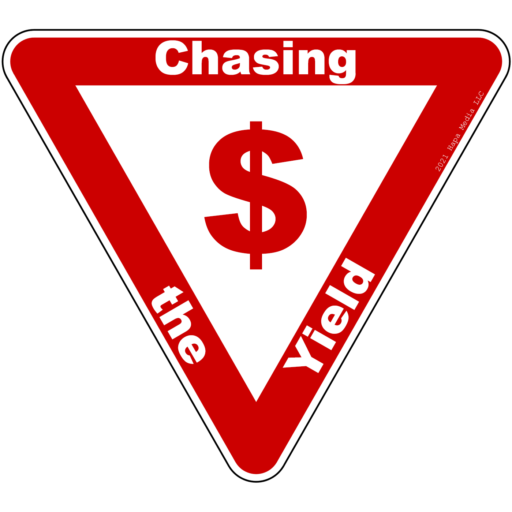
Johnson & Johnson (JNJ) is offering its shareholders a chance to swap some of their shares for KVUE (KVUE), the consumer health business it spun off in May 2023. KVUE is a stable and predictable company with well-known brands and a higher dividend yield than J&J. The exchange is tax-free and gives investors a 7% discount on KVUE shares. However, the final exchange ratio depends on how many shareholders participate and the market prices of both stocks. KVUE also faces slower growth and some litigation risk from talc products from outside the U.S. and Canada.
Here are some disadvantages if you participate in the exchange.
- They will lose exposure to J&J’s pharmaceutical and medtech businesses, which have higher margins and growth potential than KVUE’s consumer health products.
- They will face some litigation risk from KVUE’s talc products, which have been linked to ovarian cancer and mesothelioma lawsuits. Although J&J has indemnified KVUE from most of the talc claims in the U.S. and Canada, there are still some pending cases in other jurisdictions.
- They will have to deal with the uncertainty of the final exchange ratio, which depends on how many shareholders participate and the market prices of both stocks. If the offer is oversubscribed, they may not get all the KVUE shares they want. If the market prices change significantly, they may not get the 7% discount they expect.
- They may face some price volatility after the exchange occurs, as some arbitrage traders might try to cash in on the discount and exit quickly. KVUE’s stock price has already declined by about 11% since its IPO in May.
Here are some advantages if you participate in the exchange.
- They will receive shares of KVUE at a 7% discount, which means they will get more value for their J&J shares.
- They will benefit from a tax-free exchange for U.S. Federal income tax purposes, which means they will not have to pay any taxes on the swap.
- They will get a higher dividend income from KVUE, which has a dividend yield of 3.3%, compared to J&J’s 2.8%.
- They will reduce their exposure to J&J’s talc-related litigation in the U.S. and Canada, which has been a major source of legal risk and reputational damage for the company.
With regard to litigation exposure for KVUE, they are only exposed to countries outside the United States and Canada. I am unable to find out which countries may take up litigation. But J&J is trying to assure investors that most of the litigation exposure is in the U.S. and Canada, and for those, they have indemnified KVUE.
My plan is to exchange somewhere between 30% to 50% of my shares in J&J for KVUE. I think this will help diversify this holding so a good portion of it is insulated from any future talc litigation.

